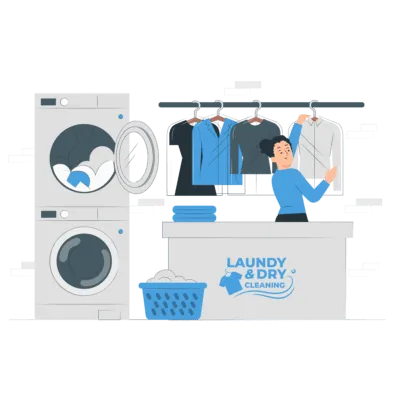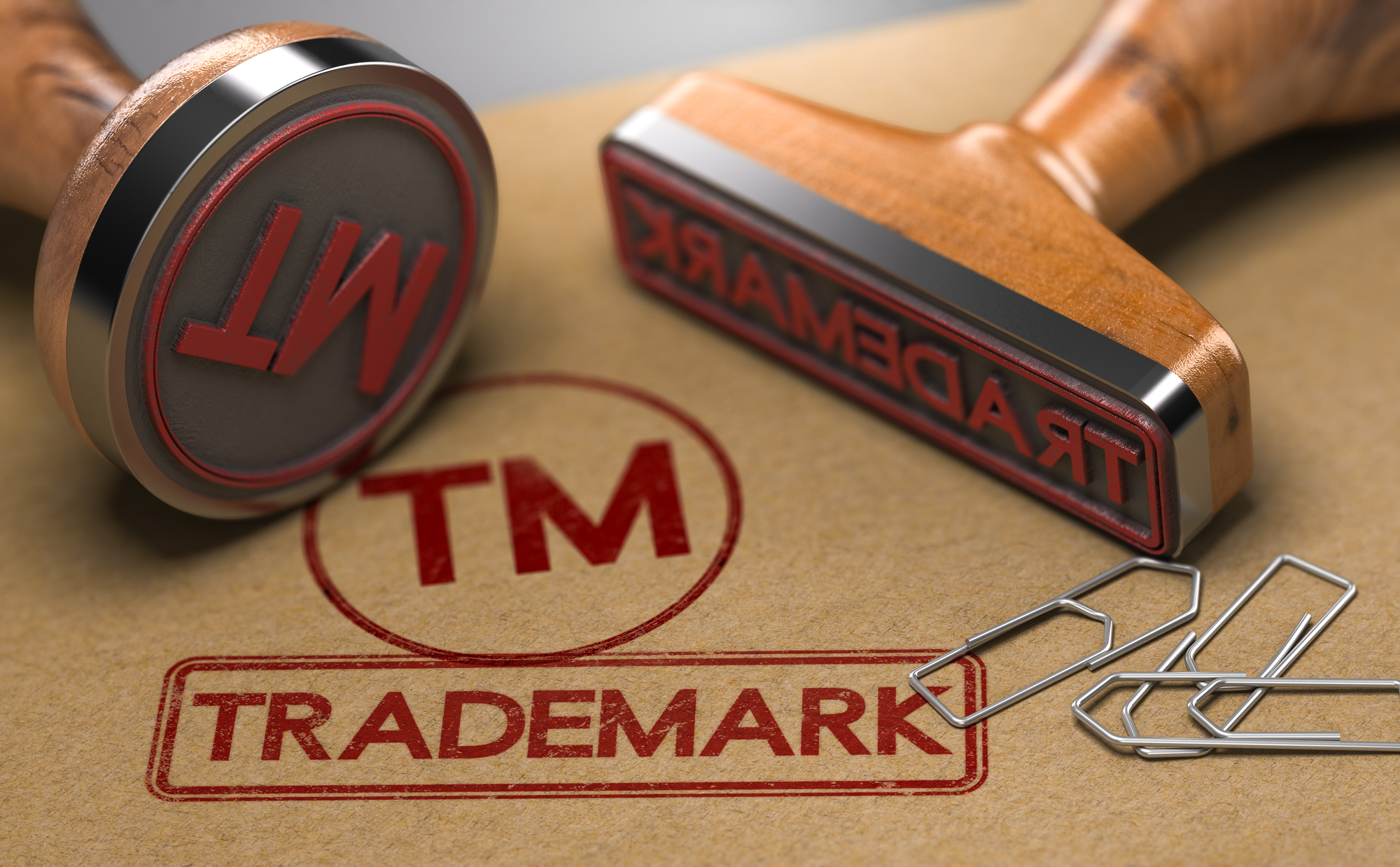Buying a laundromat in New York City represents a significant investment opportunity, but it requires careful consideration of various complex factors. This guide serves as a vital resource for potential buyers, whether experienced investors or newcomers to the laundry business. Our focus is to provide a clear and comprehensive understanding of the critical aspects involved in such a transaction.
In the following article, we will explore the 10 essential elements to consider when buying a laundromat in the city. From legal and financial implications to operational and strategic concerns, each point is crucial for making an informed and successful investment. We aim to equip you with the necessary knowledge to navigate the complexities of buying a laundromat in New York City.
1. Structuring The Deal: Asset Sale vs. Stock Sale
When buying a laundromat, the structure of the deal can significantly impact both the buyer’s and seller’s tax and legal obligations. The first thing to decide in the process of structuring the deal is whether the transaction will be an asset sale or a stock sale. Let’s break down what each one is. You can learn more about Asset Sales and Stock Sales here. Nine times out of ten, as a buyer, you would want an asset sale.
Asset Sale
Definition: In an asset sale, the buyer purchases individual assets of the business, such as equipment, inventory, and customer lists, rather than the business entity itself.
Benefits for Buyers: This approach often allows buyers to “step up” the basis of the purchased assets to their current market value, leading to enhanced future tax deductions. It also limits the buyer’s liability, as they are not purchasing the company’s legal entity, which may carry unknown liabilities such as debts or incoming lawsuits.
Drawbacks for Sellers: Sellers may face unfavorable tax consequences, as the sale of assets can be subject to higher ordinary business income taxes rather than capital gains taxes.
Stock Sale
Definition: In a stock sale, the buyer acquires the shares (or stock) of the business entity itself, taking ownership of the business as a whole, including all assets and liabilities.
Benefits for Sellers: This method is generally more tax-efficient for sellers, as the proceeds from the sale of stocks are typically taxed at a lower capital gains rate.
Drawbacks for Buyers: The buyer inherits all liabilities of the business, including any potential undisclosed or unknown liabilities.
2. Outstanding Liens
Addressing outstanding liens is a critical step in the process of buying a laundromat. It ensures that the buyer is not assuming unexpected financial and legal burdens and helps in accurately assessing the value of the business. Proper due diligence and expert advice are key to navigating this aspect of the transaction.
Types of Liens
Mortgage Liens: If the laundromat property is financed, the lender will have a lien against it.
Tax Liens: Arising from unpaid taxes, either property taxes or business taxes.
Judgment Liens: These result from a court judgment against the business.
Mechanic’s Liens: Placed by contractors or suppliers for unpaid services or materials.
Solving a Lien
Payment by Seller: Ideally, the seller should clear all liens before the sale. This might involve paying off debts or resolving disputes.
Escrow: Sometimes, a portion of the purchase price can be held in escrow to clear the liens.
Contingencies: The purchase agreement can include contingencies that the sale is subject to the clearance of all outstanding liens.
Indemnification: The buyer might require indemnification from the seller for any undisclosed or unknown liens.
3. Water Bill
This point should be self-explanatory but it’s often overlooked by those buying a laundromat. The seller should provide you with several months of water bills to prepare for the water costs you will be operating with. Looking at the water bill is also a good indicator of the efficiency of the machines, which we will expand on later in this guide.
You can find more information on water and sewer rates here.
An important note is that if the water bill is astronomically high, it could indicate that their is a leak or need for significant repairs on the machines. The water bill is one of the highest recurring costs for a laundromat owner, so be sure to understand exactly what you will be paying.
4. Electricity Bill
Like the water bill, an electricity bill for a laundromat is one of the biggest costs of operating. Be sure to look at several months of bills to determine what your monthly costs will be. High electricity costs could be an indicator that the machines are outdated or not efficient.
In addition, electricity is also tied into the commercial space itself, so lighting and other machines may be a factor to consider when reviewing the bills.
You can check conEdison rates here and you can check National Grid rates here.
5. The Machines (Washers and Dryers)
In summary, the assessment of laundry machines, payment technologies, and their efficiency in terms of water and electricity usage is a multifaceted process. It impacts not only the immediate operational costs but also the long-term sustainability and appeal of the laundromat. These factors should be carefully evaluated for their financial implications and their role in the overall business strategy.
Age, Condition, and Efficiency of Machines
Operational Efficiency: The age and condition of laundry machines directly impact their operational efficiency. Newer models are generally more efficient, require less maintenance, and offer better performance, potentially leading to higher customer satisfaction.
Maintenance and Repair Costs: Older machines may require more frequent repairs and maintenance, which can add to operational costs. It’s important to assess the maintenance history and projected future costs of the machines.
Replacement Needs: Evaluate the need for replacing old machines. Consider the capital investment required and the return on investment in terms of increased efficiency and customer attraction.
Water Efficiency: The efficiency of washing machines in terms of water usage is crucial. New, high-efficiency models use significantly less water per cycle, reducing the water bill and making the business more environmentally friendly.
Electric Efficiency: Similarly, energy-efficient machines and dryers can substantially lower electricity bills. Look for ENERGY STAR-rated models that offer the best energy efficiency.
Environmental Regulations and Incentives: Be aware of any local environmental regulations regarding water and energy usage. There may also be incentives or rebates available for businesses that invest in energy-efficient equipment.
Technology and Payment
Modern Payment Solutions: The integration of modern payment systems, such as card or mobile payments, is essential in today’s digital age. These systems offer convenience to customers and can increase the business’s appeal.
Operational Convenience: Advanced payment systems simplify operations, reduce the need for handling cash, and can provide better tracking of revenues and usage patterns.
Security Aspects: Digital payment methods can enhance security by reducing the risks associated with cash handling, such as theft.
6. Landlord / Tenant Relationship (The Lease)
The relationship with the landlord and the terms of the lease are pivotal in the process of buying a laundromat. The potential refusal of the landlord to approve the sale adds a layer of complexity and risk, necessitating careful planning, thorough due diligence, and effective negotiation strategies. Ensuring a smooth transition of the lease is as critical as any other aspect of the business transaction.
Importance of the Lease
Long-Term Stability: A stable and long-term lease agreement is essential for the continuity and profitability of the laundromat. It ensures a predictable operating environment.
Lease Terms: Understanding the terms, including rent, duration, renewal options, and termination clauses, is critical. These terms can impact the future operational costs and potential for growth.
Landlord’s Consent
Approval for Sale: In many cases, commercial leases include clauses that require the landlord’s consent for the sale of the business. This is often to ensure that the new tenant is financially stable and capable of maintaining the lease terms.
Refusal Rights: The landlord may have the right to refuse the sale to a new owner, which can be based on various criteria set out in the lease or their discretion.
Lease Review: Have an attorney review the lease to identify any potential issues or restrictive clauses that might impede the sale or operation of the business.
7. Bulk Sale Clearance and Sales Tax
Understanding the intricacies of Bulk Sale Clearance, sales tax responsibilities, and the tax implications of purchased assets or capital gains is crucial in the transaction of buying a laundromat. These tax considerations can significantly impact the overall cost and profitability of the investment. Proper due diligence and professional tax advice are key to navigating these complexities and ensuring a legally sound and financially prudent purchase.
Bulk Sale Clearance
Definition: A bulk sale clearance is a notification to the state’s tax authority about the sale of a significant portion of business assets.
Purpose: This process is designed to ensure that the seller has paid all sales taxes due before the transfer of ownership. It protects the buyer from being held liable for the seller’s unpaid sales taxes.
Procedure: The buyer must notify the state tax authority, providing details of the transaction. The authority then advises on any outstanding tax liabilities of the seller. Here is an example of a bulk sale clearance form.
Tax Implications on Purchased Assets and Capital Gains
Asset Sale: In an asset sale, the buyer may be subject to sales tax on the tangible assets purchased, depending on state and local tax laws.
Depreciation: The buyer can depreciate the purchased assets over their useful life, offering tax benefits in the form of non-cash deductions.
Stock Sale: In a stock sale, capital gains tax is a major consideration. The seller typically faces capital gains tax on the profit from the sale of the business.
Buyer’s Perspective: For the buyer, a stock sale does not provide the same depreciation benefits as an asset sale, which can impact long-term tax planning.
8. Choice of Entity
The choice of entity when buying a laundromat is a significant decision that impacts the business’s legal structure, taxation, and operational flexibility. In the case of a stock sale, this decision is predetermined by the existing business entity. In certain cases, changes can be made post-purchase with due legal processes. Buyers should carefully consider their long-term goals and consult with professionals to ensure their choice aligns with their business strategy.
Limited Liability Company (LLC)
Flexibility: LLCs offer operational flexibility and are generally easier to manage. They are not required to hold regular board meetings or maintain extensive records.
Taxation: LLCs typically benefit from pass-through taxation, meaning the business income is reported on the owners’ personal tax returns, avoiding the double taxation faced by corporations. LLCs are also tax flexible, meaning they can opt to be taxed several different ways, such as a C-Corp or S-Corp.
Liability Protection: LLCs provide personal liability protection, which means personal assets are generally protected from business debts and lawsuits.
Corporation (Corp)
Structure: Corporations are more structured entities with shareholders, directors, and officers. Corps have more rigorous governance and reporting requirements.
Taxation: Corporations are subject to corporate tax, and shareholders also pay taxes on dividends (double taxation). However, they can benefit from certain tax deductions unavailable to LLCs.
Raising Capital: Corporations may find it easier to raise capital through the sale of stock. They also offer a clear structure for ownership, which can be attractive to investors.
Impact of a Stock Sale on Choice of Entity
Stock Sale Nuances: In a stock sale, the buyer purchases the business entity itself. This means the existing business structure (whether an LLC or a Corporation) is transferred to the new owner as is.
Moot Point: If a laundromat is bought through a stock sale, the choice of entity becomes moot for the buyer. The buyer inherits the existing legal structure, along with its operational and tax implications.
Considerations for Buyers: Buyers need to understand the implications of taking over the existing entity. This includes any potential liabilities and the ongoing compliance requirements of the entity type.
9. Employees
Employees are a critical component of a laundromat’s operation and success. A thorough evaluation of the existing staff, their contracts, and the overall fit with the new owner’s vision is essential. Couple this evaluation with a strategic plan for managing the transition, ensuring compliance with legal requirements, and fostering a positive work environment. The way employees are managed during the acquisition can have lasting effects on the business’s performance and reputation.
Contracts and Benefits
Review of Employment Agreements: Examine existing employment contracts for terms, obligations, benefits, and any pending issues.
Continuation of Benefits: Decide whether to continue with the same benefits or make changes, keeping in mind the legal implications and employee morale.
Legal and Financial Implications
Liabilities: Be aware of any outstanding liabilities concerning employees, such as unpaid wages, benefits, or potential legal disputes.
Compliance with Labor Laws: Ensure compliance with local and federal labor laws, including minimum wage, overtime, and workplace safety regulations.
10. Branding
The branding and business name of a laundromat are critical elements that contribute to its identity and market presence. Evaluating the existing brand and considering the potential for rebranding are key steps in the acquisition process. Trademarking the brand name and logo is a crucial step for legal protection and adding value to the business. It’s advisable to undertake a comprehensive trademark search and registration process.
Assessing the Existing Brand
Brand Reputation: Evaluate the current brand’s reputation and market presence. A positive reputation can be a valuable asset.
Consistency: Look for consistency in branding across various platforms and materials, as inconsistency can dilute brand strength. Also evaluate the Trademarkability of the business brand.
Strategic Decision: Decide whether to continue with the existing brand or to rebrand. Rebranding can help in aligning the business with your vision but may also involve significant effort and resources.
Trademarks
Transfer of Rights: If the laundromat’s existing brand is trademarked, ensure the transfer of these rights as part of the sale.
Understanding Limitations: Be aware of any limitations or conditions attached to the trademark rights.
Consistent Use: Ensure consistent use of the trademarked brand elements to maintain its strength and validity.
Legal Protection: If the laundromat doesn’t have a trademark, consider filing for one. A trademark provides legal protection for the brand name and logo. It prevents others from using similar identifiers that could cause confusion.
Asset Value: Trademarks are valuable assets. They can increase in value over time and add to the business’s overall worth.
Summary
Buying a laundromat is an exciting and complicated venture. We expanded on ten of the most vital factors to consider when entering into a transaction. First, look at the condition of the business, including its assets, the lease details, and the relationship with the landlord. The way the deal is financially set up, like how the sale is made and financing options, is very important for the business’s future.
Check how the operates, from the washers and dryers, to how customers pay. Evaluate the business’s brand, how it’s legally structured and protected, as well as the tax obligations of the business.
New York City provides the best opportunity for a laundromat to succeed, and purchasing an existing laundromat is the best way to hit the ground running. With the right approach, you can buy a laundromat that works for you, not the other way around.
















